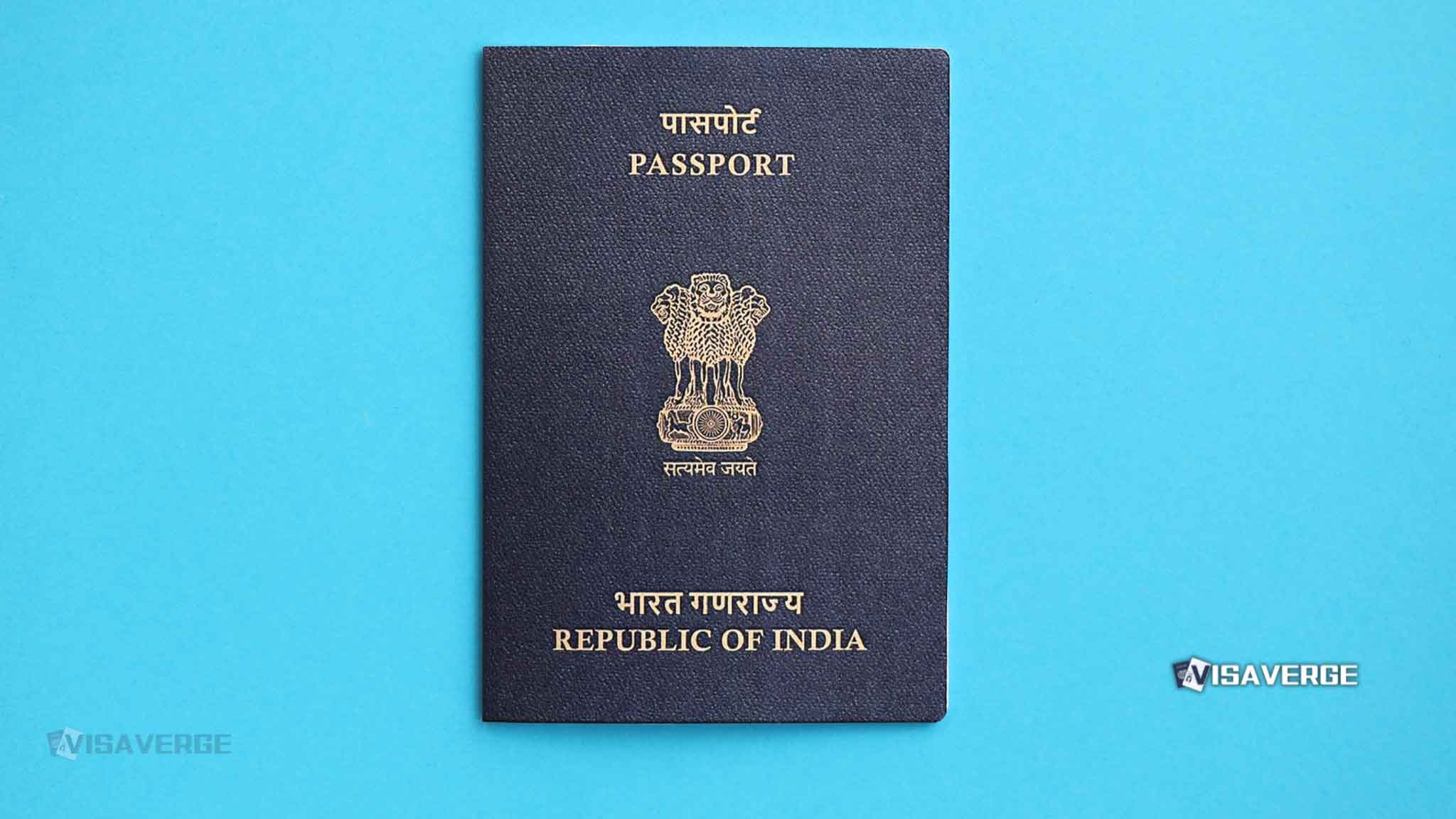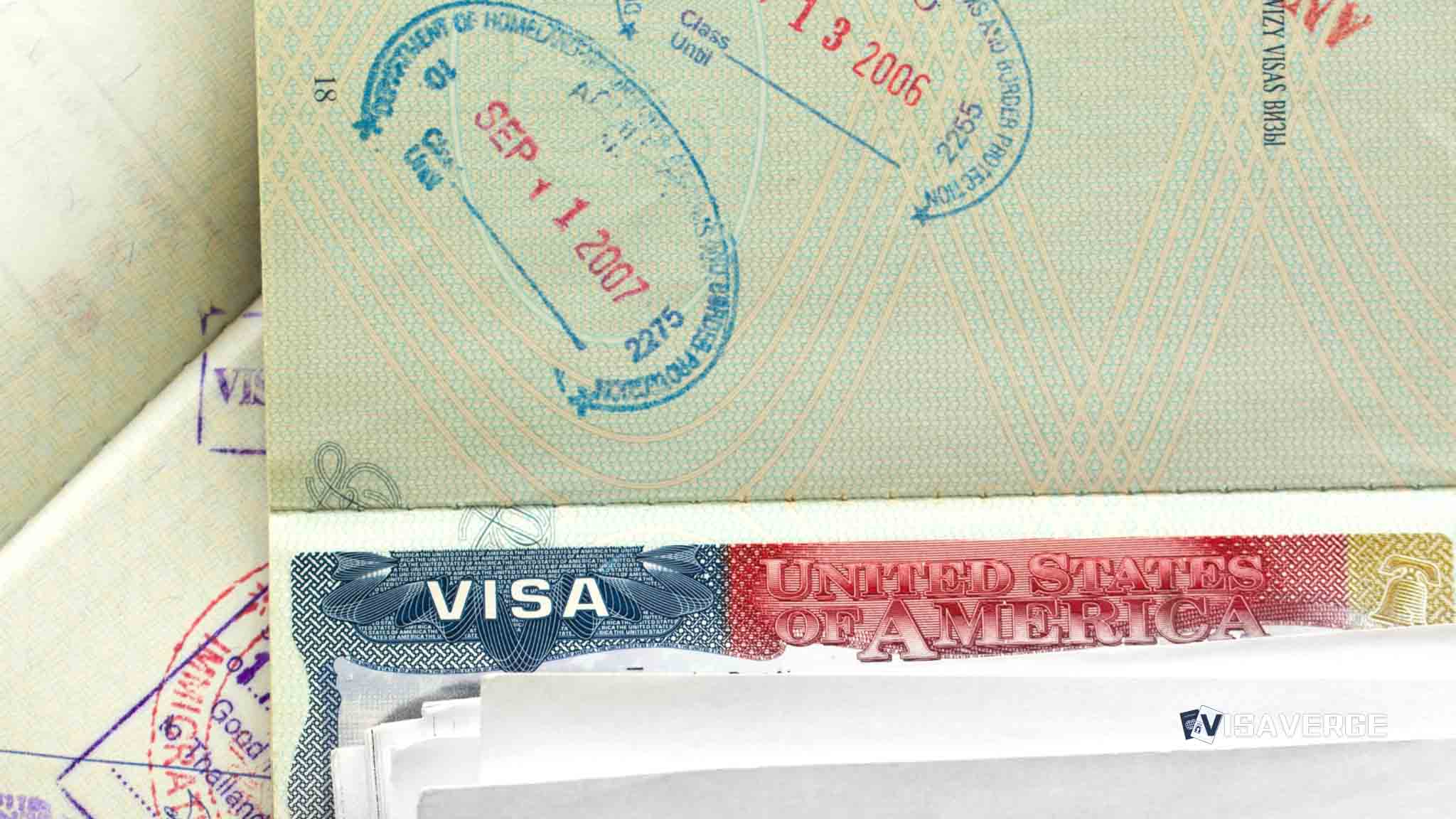Understanding the Financial Requirements for an F-1 Visa
When planning to study in the United States on an F-1 student visa, one of the crucial steps is to show that you can financially support yourself during your stay. Understanding how much money you need to have for your visa application can seem daunting, but it’s a critical part of ensuring a successful application.
The Financial Evidence You Need to Present
International students must prove that they have sufficient funds to cover tuition, living expenses, and any dependents for at least the first year of study. However, there is no one-size-fits-all answer to how much money this amounts to. This sum varies based on several factors including the cost of the educational institution, location, lifestyle, and your personal situation.
Determining Your Financial Requirement
Each school provides an estimated cost of attendance which includes tuition and an estimate of living expenses. For a general ballpark:
- Private universities might require between $30,000 to $50,000 per year.
- Public universities’ estimates often range from $20,000 to $40,000 annually.
- Community colleges could be lower, often between $10,000 to $20,000 per year.
It’s essential to check with your specific educational institution for an accurate estimate.
Documentation for Proof of Funds
To prove your financial capability, you will need to provide:
- Bank statements showing your balance.
- Scholarship or grant letters if applicable.
- A sponsor’s financial information if someone else is funding your education.
These documents should be recent (typically within the last six months) and in English, or accompanied by an official translation.
Securing Your Visa Through Financial Preparedness
Remember that being financially prepared not only aids in securing your F-1 visa but also helps ensure you can focus on your studies without undue financial stress. It’s advisable to plan for more than the minimum required funds to account for unexpected expenses.
Where to Find More Information
For the most authoritative and up-to-date information, visit the official U.S. Department of State – Bureau of Consular Affairs website or the official website of the educational institution you plan to attend. These resources provide vital details and can help you prepare adequately for your visa application.
In conclusion, while the F-1 visa application process requires showing financial stability, the exact amount varies. Check with your institution for a precise figure, gather the necessary documentation, and ensure you have a little extra for peace of mind. With careful preparation, you can embark on your educational journey in the United States with confidence.
And there you have it, amigo! Understanding the financial requirements for an F-1 visa doesn’t have to be brain-busting. Just remember to check with your school for the exact figures, gather those crucial documents, and stash away a little extra dough for unexpected expenses. Now, if you want to dive deeper into this fascinating topic, head over to visaverge.com for more juicy info. Happy visa hunting!
FAQ’s to know:
FAQ 1: How much money do I need to have for an F-1 visa application? To apply for an F-1 student visa, you must demonstrate that you have sufficient funds to cover your tuition, living expenses, and any dependents for at least the first year of study. The amount of money required varies based on factors such as the educational institution’s cost, location, lifestyle, and your personal situation. Private universities might require between $30,000 to $50,000 per year, public universities’ estimates range from $20,000 to $40,000 annually, while community colleges could be lower, often between $10,000 to $20,000 per year. It is important to consult your specific educational institution for an accurate estimate.
FAQ 2: What documents do I need to provide as proof of funds for an F-1 visa? To prove your financial capability, you will need to provide certain documents. These include bank statements showing your balance, scholarship or grant letters (if applicable), and financial information from a sponsor if someone else is funding your education. The provided documents should be recent, typically within the last six months, and must be in English or accompanied by an official translation.
FAQ 3: How can being financially prepared help secure an F-1 visa? Being financially prepared is crucial not only for securing an F-1 visa but also for ensuring a smooth and stress-free educational journey. By demonstrating that you have the necessary funds to support yourself, you increase your chances of visa approval. Additionally, having sufficient funds allows you to focus on your studies without undue financial stress. It is advisable to plan for more than the minimum required funds to account for unexpected expenses.
What did you learn? Answer below to know:
- True or False: The financial requirements for an F-1 visa application are the same for all international students.
- What types of documents are required to prove financial capability for an F-1 visa application?
- What is the purpose of planning for more funds than the minimum required for an F-1 visa application?














